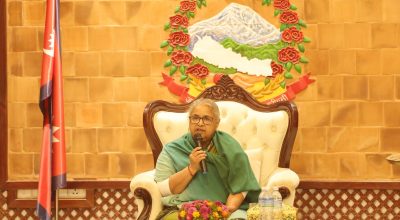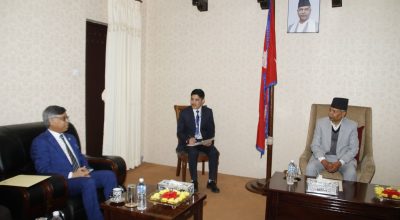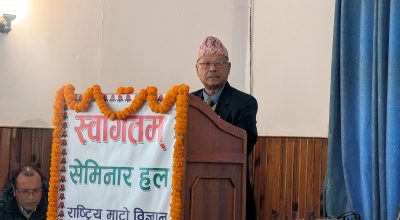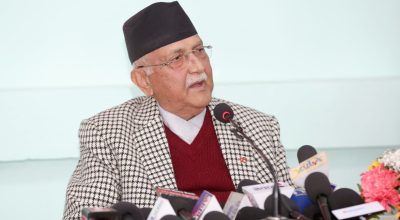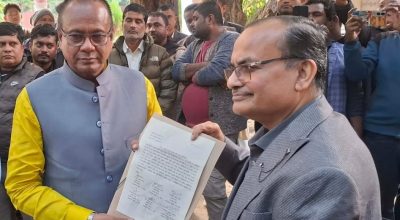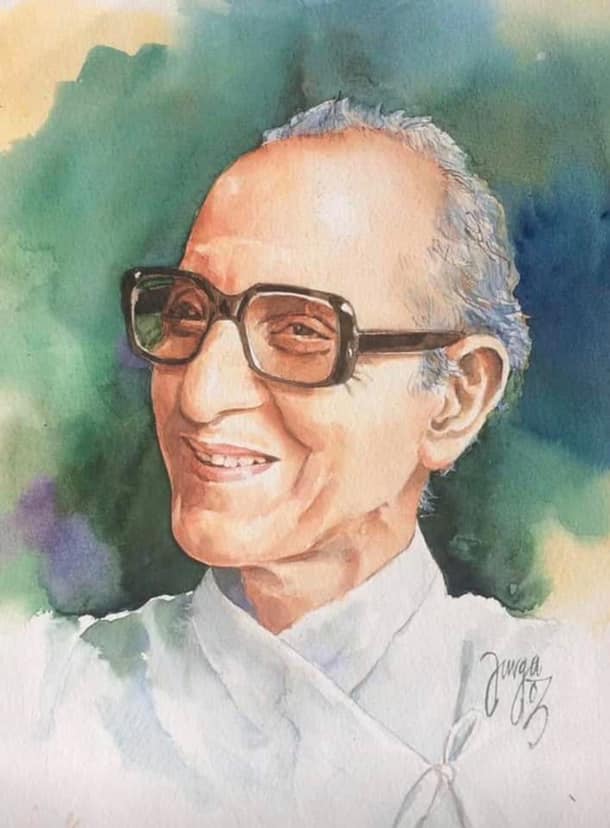
Kathmandu, Dec 31: Politicians have said that the idea of national reconciliation policy propounded by BP Koirala, the first elected prime minister in Nepal, was equally relevant and contextual even in the present time.
At a programme organized Tuesday at BP Museum in Sundarijal on the occasion of 48th National Reconciliation Day, the Nepali Congress leaders and intellectuals said that BP made unsurmountable contributions to the nation’s democratic movement by returning to the homeland for the country and people at the cost of his life.
The speakers said BP was a true nationalist, farsighted, intellect and brave politician adding that the then king was obliged to announce the date for elections in 2036 BS due to BP’s political influence and activities.
NC leader Tarani Dutta Chataut said the democratic movement was successful thanks to the brave steps of BP.
Chairman of Democratic Thoughts Society Kul Chandra Wagle said BP left his footprints at the international arenas due to his farsighted decision making capacity.
Chairman of BP Museum Parshuram Pokharel said BP was the great leader of this region. BP founded the Nepali Congress party with the determination to establish democracy in the country and led the political movement and was also active in political movement by staying in India for eight years.
With the policy of national reconciliation, the first people-elected Prime Minister BP Koirala along with party senior leaders Ganesh Man Singh, Shailaja Acharya and Khum Bahadur Khadka among others had repatriated putting forth the principle of national unity and reconciliation on Poush 16, 2033 BS (December 30, 1976) so as to safeguard the sovereignty of the country. BP Koirala had returned the country to protect its sovereignty from the then political interference in the South Asia, ignoring the prosecution order against him. #reconciliation #nepal





